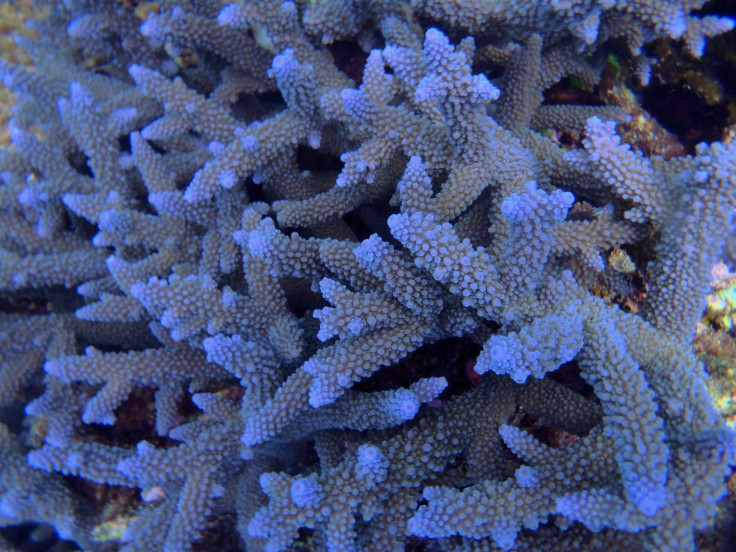Great Barrier Reef Almost Drowned During Last Interglacial, Climate Impact Study Finds

A recent study on coral reefs predicted the rate and pattern of their bleaching around the world in the coming 100 years or so, data from which can be used to better target measures aimed at protecting the unique marine ecosystems. Another study, published Friday, goes in the opposite direction by studying the impact a warming climate had on the Great Barrier Reef during the Last Interglacial period over 125,000 years ago.
Published in the journal Global and Planetary Change, the study led by researchers from the University of Sydney found the natural wonder off Australia’s east coast almost drowned and died at the time. The Last Interglacial was marked by higher temperatures, which led to melting of glaciers and polar ice sheets, raising sea levels. While both the temperatures and sea levels then were higher than they are now, scientists consider it a significant comparative period because Earth might head in that direction if carbon emissions don’t reduce soon.
The researchers studied a reef layer older and deeper than the current shallow and exposed one we see to arrive at their conclusions. And to study the deeper layer, they used some specimens collected in the 1970s, as well as some cored samples taken directly from the reef in 2015.
The research paper, titled “The evolution of the Great Barrier Reef during the Last Interglacial Period,” found that the reef began growing once again after sea levels stabilized, a testimony to its resilience. However, the modern-day shallow reef is the last layer of a much thicker reef system, and it grew on top of the previous layer. But the current human-induced climate change and pollution threatens its existence.
“In combination with climate change predictions by the Intergovernmental Panel on Climate Change and in the absence of improvements to reef management and human impacts, sea-level pressures could tip the reef over the edge, potentially drowning it for good,” Belinda Dechnik from the university, who was also lead author of the study, said in a statement.
© Copyright IBTimes 2024. All rights reserved.











